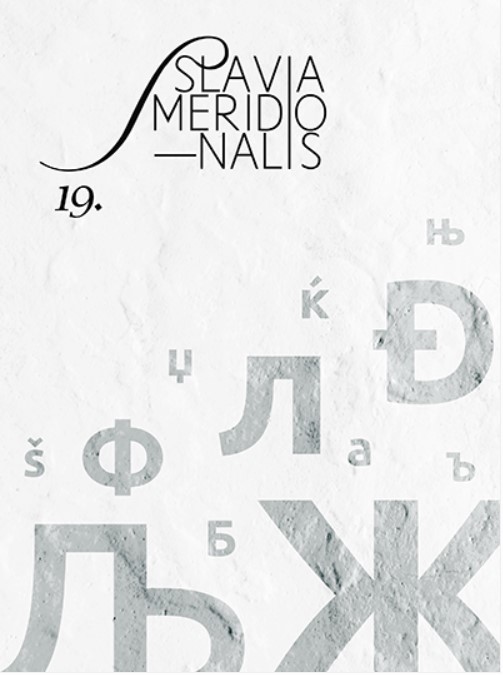Queer immanence in Who is? Woyzeck: The technocentric utopia of the master and the slave
Queer immanence in Who is? Woyzeck: The technocentric utopia of the master and the slave
Author(s): Leo RafoltSubject(s): Theatre, Dance, Performing Arts, Cultural history, German Literature, 19th Century, History of Art
Published by: Instytut Slawistyki Polskiej Akademii Nauk
Keywords: biopolitics; community of life; master-slave dialectics; body; subject;
Summary/Abstract: Montažstroj’s Who is? Woyzeck is a performative history about individuals’ open wounds that will probably never heal, especially in the context of technodemocracy and liberal deprivation processes. Woyzeck is a Georg Büchner hero whose voice is not able to be heard. He is deprived, deprivileged, and his behavior/labor is socially unacceptable. He is devoid of humanity, turned into an animal, pure zoe, and thus treated like one by the system. Montažstroj’s project was, therefore, eager to explore the politics of power where the individual is subdued to numerous forms of violence and the way these violent acts resonate on the surface of human intimacy. The rhythmic changing of scenes depicted social coercion and private agony; the play questioned the world of isolated and lonely individuals. Woyzeck was presented as a pure phenomenon, as an in-dividual trapped in a Hegelian master-slave relation, thus as a non-person whose body is being occupied and used in a specific situation of violence, love, betrayal, jealousy and murder, with no way out. The performance of two men and a woman on a stage, which is supposed to function as a specific community of life, bombarded with techno and rave music, together with pure channels of associations derived from various sources, primarily from Büchner's text, which was written in 1836, is thus analyzed as a deconstructive and multi-layered re-inscription of political and discursive regimes subdued by frenetic music samples.
Journal: Slavia Meridionalis
- Issue Year: 2019
- Issue No: 19
- Page Range: 1-26
- Page Count: 26
- Language: English

